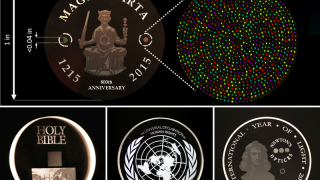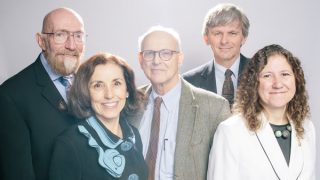
MI weekly selection #173
Humanities & Social Sciences • Science • Technology • Weekly Selection
Radar detects objects in hidden rooms within Tutankhamun’s tomb Additional rooms in Tutankhamun’s burial chamber containing objects made of metal and organic materials have been detected through the north and west walls by radar scans. What is in these rooms is a mystery, but some experts say the rooms could be related to Queen Nefertiti […]








